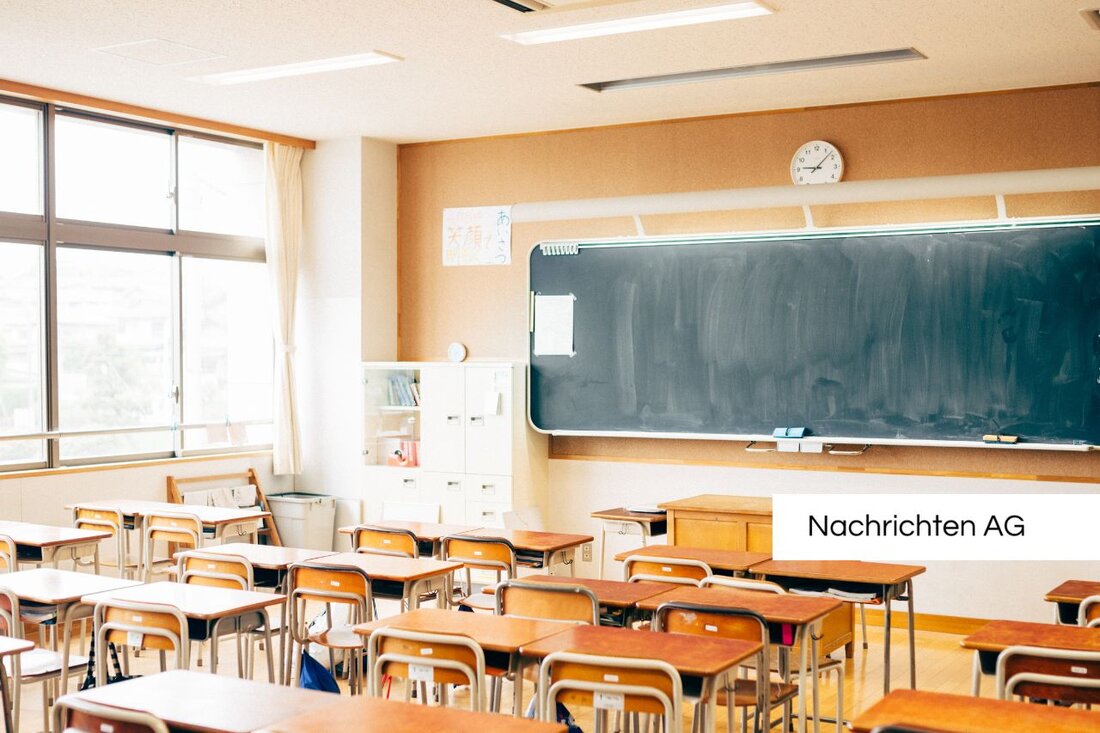Help for Kenya: Dingolfinger are committed to better education!
Help for Kenya: Dingolfinger are committed to better education!
Members of the Keniahilfe "Hakuna Matata - Dingolfing for Kenya" met in the Kolpinghaus for the annual review. Franz Stadler and the 2nd chairman Ludwig Donharl reported on their visits to Kenya, where the organization focused on two long -term projects in Shirango and Mwabungu.
The project in Shirango, led by Emma Marura, a former nurse, aims to improve the local infrastructure. "Hakuna Matata" takes on school fees, medical costs and the daily needs of the students. A school in Shirango has been in operation since last year and is supported by a state teacher and two other private teachers for 200 students. The students receive two meals every day, and a water tank ensures the drinking water supply. In addition, the cultivation of fruit and vegetables on leased land ensures the children's meals. The organization works with an Irish aid organization to drill a fountain in Shirango.
project in mwabungu
in Mwabungu, Ludwig Donharl reported a school who taught 300 students with eight teachers. In recent years, a kindergarten, three school buildings, toilets, a kitchen and a computer room have been built there. The latest building is currently under construction, interior design and the equipment are planned for January 2025.
However, the organization faces challenges such as the failed shipping of a container with 50 kits for energy -saving furnaces due to the lack of import permits from the Kenyan state.
In the board elections, Markus Baumann was confirmed as 1st chairman, Ludwig Donharl as the 2nd chairman and Anna Rott as cashier. Siegfried Neudecker remains the auditor. Support is collected by donations that can be received in the donation account of Hakuna Matata with the IBAN DE21 7425 0040 1691 38.
An additional analysis of the educational situation in Kenya shows that every third school child leaves primary school without sufficient skills in mathematics, writing and reading, which contributes to the continuation of poverty and global inequality. The public primary schools in Kenya have been free of charge since 2003, and school fees for public secondary schools were reduced in 2019. Nevertheless, the government's investments in the education sector are inadequate, and the schools are often overcrowded and poorly equipped, which influences the teaching quality, such as reported.
| Details | |
|---|---|
| Ort | Dingolfing-Landau, Deutschland |
| Quellen | |


Kommentare (0)